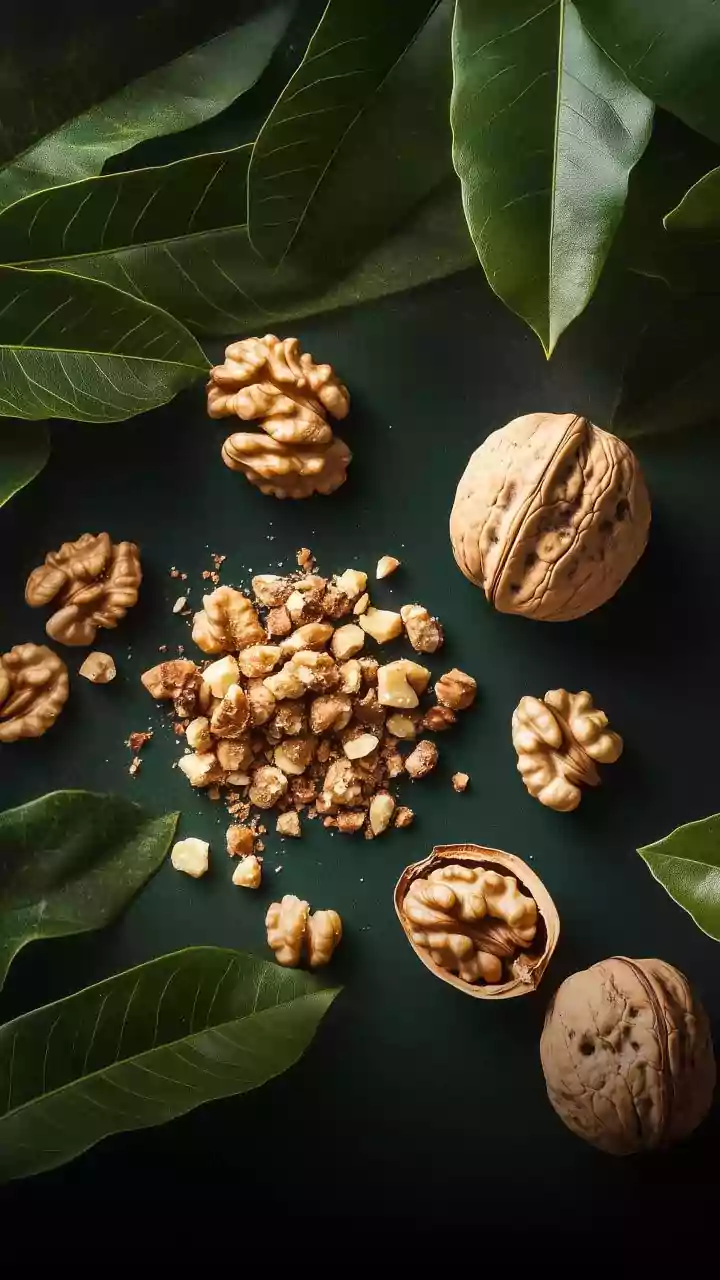Unraveling the Coconut Oil Controversy: Separating Fact from Fiction. Dive deep into the truth behind this health craze!
For generations, coconut oil has been a staple in many Indian households. From delicious
South Indian curries to traditional Ayurvedic treatments, this versatile oil has been praised for its supposed health benefits.

But in recent years, coconut oil has gained immense popularity globally, touted as a "miracle" cure for everything from weight loss to heart disease. But is this hype justified?
Let's dive deep into the facts and separate the truth from the fiction, all while keeping things simple and easy to understand.
Coconut oil's uniqueness lies in its high MCT content, offering quick energy conversion
The composition of coconut oil is what makes it so unique. It's primarily made up of saturated fats, which, for a long time, were seen as the villains of heart health. But unlike other saturated fats, coconut oil is mainly composed of medium-chain triglycerides, or MCTs.

MCTs are metabolized differently by the body compared to long-chain triglycerides found in other commonly used oils. They are easily absorbed and quickly converted into energy by the liver, rather than being stored as fat.
This unique characteristic of MCTs is the foundation for many of the health claims surrounding coconut oil. Now, let's consider the different types available in the market.
Refined vs. virgin coconut oil: processing impacts benefits
There are primarily two types: refined and virgin coconut oil. Refined coconut oil is processed, which involves bleaching and deodorizing to remove any flavor or odor. This process can also remove some of the beneficial compounds.
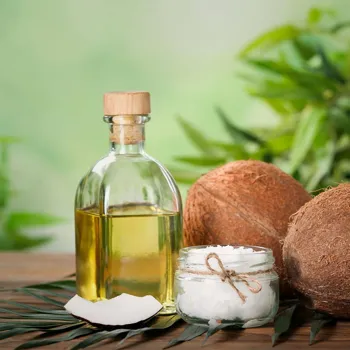
Virgin coconut oil, on the other hand, is extracted from fresh coconut meat without the use of high heat or harsh chemicals. As a result, it retains more of its natural flavor, aroma, and potentially, its beneficial antioxidants.
When choosing coconut oil, virgin coconut oil is generally considered the healthier option. This brings us to its widespread uses in traditional Indian cooking and is still considered a staple for hair and skin care.
Coconut oil benefits for cooking, health, and beauty
Coconut oil has been a regular feature in Indian kitchens for centuries. Many believe it boosts immunity, keeps the gut healthy and improves skin. In South Indian cuisine, it's a key part for tadkas and everyday cooking, lending a unique flavour to dishes like sambar and avial.
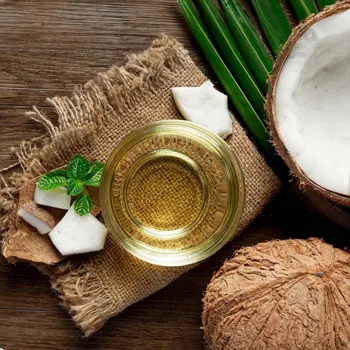
But, the important thing is to use it in moderation; because excess of any of it is not good. Beyond the kitchen, coconut oil has long been a beauty secret and it is used in hair and skin care. Some people use it as a hair mask to nourish the scalp and also reduce the dryness of the hair.
For the skin it is used to moisturise, especially during winter. The oil's emollient properties can help to improve the skin barrier and trap moisture.
Coconut oil's impact on heart health and weight loss debated
Now, let's address the elephant in the room: heart health. The high saturated fat content in coconut oil has raised concerns about its potential impact on cholesterol levels and the heart. Studies have shown that coconut oil can increase both LDL (bad) cholesterol and HDL (good) cholesterol.
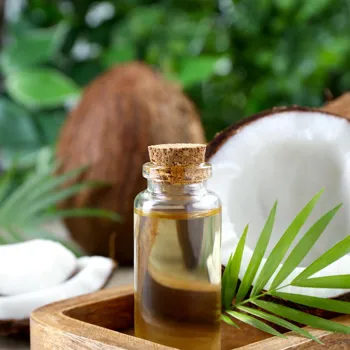
Although raising HDL seems like a positive thing, the overall impact on heart health is still debated. Health organisations generally recommend using coconut oil in moderation and being mindful of the overall saturated fat intake.
While there is no scientific evidence to confirm that coconut oil will lead you to weight loss, some studies suggest that MCTs can increase energy expenditure and promote feelings of fullness.
However, these effects are usually very small and not significant enough to make a major impact on weight loss.
Claims about coconut oil for Alzheimer's and skin conditions, caution needed
There are claims made about the effectiveness of coconut oil for treating Alzheimer's disease, because MCTs can provide an alternative source of energy for the brain. However, it is important to note that the research in this area in limited.
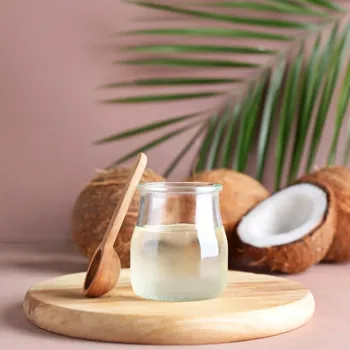
Also, the benefits of oil cannot be considered as the cure for Alzheimer's. One should rely on well established medical care. Coconut oil is often touted as a home remedy for skin conditions like eczema and dermatitis, and it shows promise as a natural moisturizer.
However, it's important to do a patch test before applying it all over the body as some individuals may be allergic to it. Coconut oil has become a popular ingredient in natural toothpastes and mouthwashes claiming that it kills harmful bacteria in the mouth.
Coconut oil not a miracle cure; use in moderation
In conclusion, coconut oil is not a miracle cure-all. While it does have some potential benefits due to its MCT content, it's important to approach the claims with a healthy dose of skepticism. It can be a part of a healthy diet and lifestyle when used in moderation.
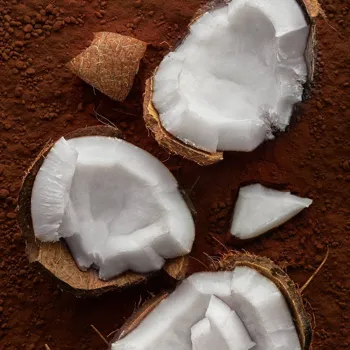
Enjoy it for its flavour and unique properties, but don't rely on it as a sole solution to any health problems. Always consult with a doctor or registered dietitian for personalized advice.
AI Generated Content. Glance/InMobi shall have no liability for the content


